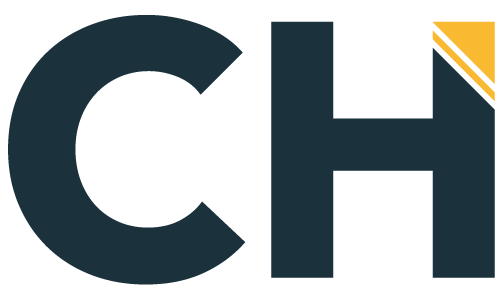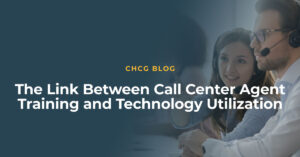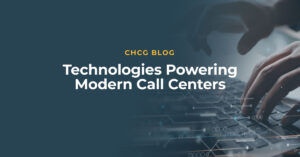Evaluating ROI and Efficiency of Call Center Technology
According to the NICE CXone Global Contact Center Benchmark Report 2022:
- Only 38% of call centers have a dedicated team to manage their contact center technology.
- 62% of call centers don’t have a clear understanding of their ROI on contact center technology.
- 70% of call centers don’t have a process in place to measure the effectiveness of their contact center technology.
Additionally, a 2023 study by Contact Center Pipeline found that:
- 55% of call centers don’t have a budget for contact center technology.
- 45% of call centers don’t have a plan for upgrading their contact center technology.
These statistics show many have not optimized their call center technology to provide a return on investment. This can lead to a number of problems, such as:
- Reduced customer satisfaction
- Increased costs
- Reduced productivity
It’s important to take the time to assess your call center technology and make sure it’s optimized to meet your needs. This may involve investing in new technology, upgrading your existing technology, or simply making better use of the technology that you already have.
Here are some steps for determining your call center tech optimization:
- Start with Clear Metrics: The first step in determining the optimization of your contact center technology is establishing clear, measurable metrics. Some critical metrics include:
- First-call resolution (FCR): Measures the percentage of calls resolved on the first contact. Higher FCR rates often correlate with satisfied customers and efficient operations.
- Average handling time (AHT): This metric tracks the average time taken to resolve a customer query. While efficiency is good, it’s essential not to sacrifice quality for speed.
- Customer satisfaction (CSAT): Direct feedback from customers can offer insights into how effectively technology aids in resolving their concerns.
- Assess Integration and Compatibility: Does your call center technology seamlessly integrate with other systems, such as CRM platforms, analytics tools, and workforce management systems? If your agents have to toggle between multiple systems to get the information they need, you’re losing both time and money.
- Scalability is Key: As your business grows, can your technology keep up? The best solutions are scalable, allowing you to accommodate more agents, integrate additional communication channels, or expand into new markets without major system overhauls.
- Monitor Uptime and Reliability: Even the most advanced technology is pointless if it’s not reliable. Regularly monitor system uptime and be aware of any outages or slowdowns. Frequent technical issues can severely hinder operations and harm your ROI.
- Analyze Agent Productivity and Satisfaction: Your agents are the primary users of your contact center technology. Regularly solicit feedback from them about the tools they use. If they find them intuitive and helpful, it’s likely the technology is optimized. On the other hand, consistent complaints or requests for additional training might indicate inefficiencies.
- Review Training Needs: While some level of ongoing training is always beneficial, if you find that new agents require extensive training to use the technology, or if existing agents are continually seeking refresher courses, it might be a sign that the system is too complex.
- Evaluate Costs Versus Benefits: While evaluating ROI, it’s crucial to consider both tangible and intangible returns. Tangible returns might include increased sales or reduced operational costs, while intangible benefits might encompass enhanced brand reputation or improved customer loyalty. Compare these returns to the ongoing costs of the technology, including licensing, maintenance, and training costs.
- Feedback Loop and Adaptability: A robust feedback mechanism ensures that insights and concerns from both customers and agents are looped back into the system. How adaptable is your technology in incorporating these changes? The ability to continually refine processes based on real-world feedback indicates an optimized system.
- Future-proofing: The tech landscape is ever-evolving. Your contact center technology might be optimized for today, but what about tomorrow? Systems that support easy integration of new features or updates are more likely to provide a sustained ROI.
- Regular Audits and Reviews: Lastly, like any other significant business operation, your contact center technology should undergo regular audits. These reviews help identify any inefficiencies or areas for improvement and ensure that the system remains aligned with your business goals.
Optimizing contact center technology isn’t a one-time task. It requires continuous effort, regular assessments, and a willingness to adapt. Optimized call center technology isn’t just reflected in balance sheets, but also in happier customers, more satisfied employees, and a robust, future-ready business model. Remember, the goal isn’t just to have the latest technology, but to harness it effectively to deliver unparalleled value.
The CH Consulting Group team understands that contact center optimization can be complex and challenging, so we developed a comprehensive approach to overcome these challenges that includes a focus on data analysis, process improvement, and technology enablement, as well as the implementation of best practices and the use of cutting-edge tools and techniques. From needs assessments and process optimization to technology enablement, change management, and continuous improvement, the CHCG team ensures call center success. Contact us today to learn more.




